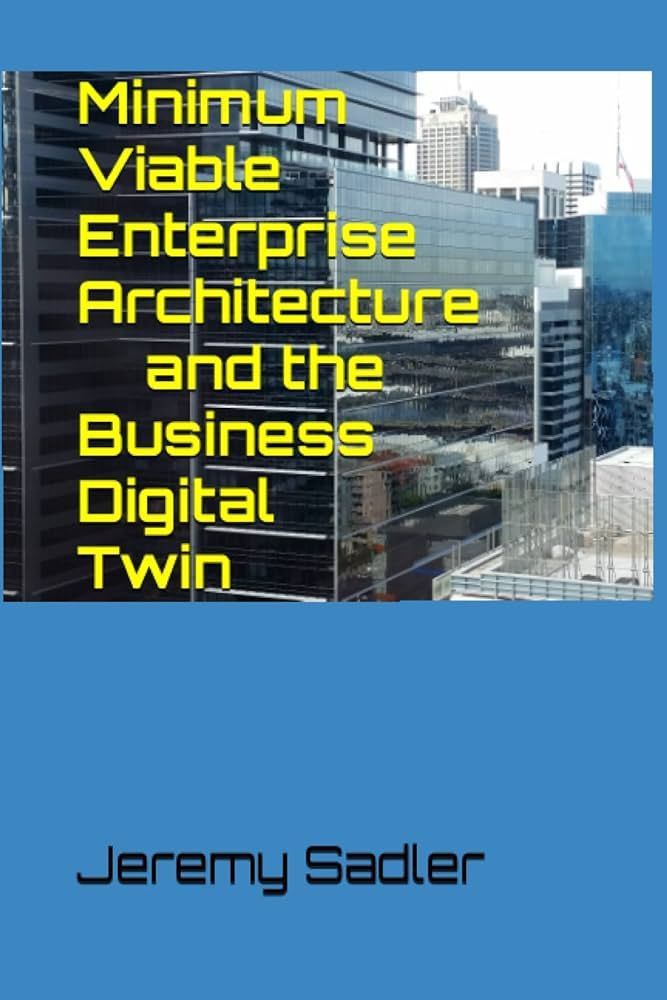MENU
Insight
A Leader’s Guide to Transformational Conversations
Leadership is often associated with bold decisions, clear direction, and strong communication. Yet, one of the most powerful tools a leader possesses is not speaking, but listening. Active listening - the ability to fully understand, engage with, and respond thoughtfully - has the potential to transform workplace relationships, enhance team performance, and cause meaningful change.
Let’s explore how leaders can leverage the power of listening to create transformational conversations and build stronger connections with their team and wider business operations.
Why Listening Matters in Leadership
Active listening is more than just hearing words (and retaining them), it’s about understanding the emotions, perspectives, and intentions behind them. According to a Harvard Business Review study, leaders who actively listen are 40% more likely to build trust with their teams, which directly impacts engagement and productivity.
Nowadays, with work from home figures forever rising and organisations moving at lightning speed, employees often feel overlooked or misunderstood. When leaders listen, they demonstrate respect, value team input, and build the foundation for a collaborative culture.
The Key Elements of Active Listening
- Presence
Being fully present is the first step to effective listening. This means putting away distractions, maintaining eye contact (virtually or in person), and focusing entirely on the speaker. - Empathy
Understanding the emotions behind the message is crucial. A simple phrase like, “That sounds challenging,” shows you’re tuned into more than just the facts. - Clarification
Asking thoughtful questions, such as, “Can you elaborate on that?” or, “What support do you need?” helps ensure mutual understanding and signals genuine interest. - Reflection
Summarising or paraphrasing what you’ve heard - “So what I’m hearing is…” - confirms that you’ve understood the speaker’s message and creates space for correction or expansion.
Benefits of Active Listening
1. Building Trust and Psychological Safety
When employees feel heard, they’re more likely to share ideas, voice concerns, and take calculated risks. This creates an environment of psychological safety, where innovation and collaboration are key focuses.
2. Better Decision-Making
Great decisions aren’t made in a vacuum. Active listening ensures leaders gather different perspectives, identify blind spots, and make informed, well-rounded decisions.
3. Strengthening Team Morale
Employees who feel valued are more motivated. Listening demonstrates that every voice matters, leading to higher job satisfaction and lower turnover rates.
4. Resolving Conflicts Effectively
Misunderstandings are a common source of workplace tension. Listening allows leaders to identify root causes, address concerns constructively, and guide teams toward resolution.
Practical Tips to Cultivate Active Listening as a Leader
- Schedule Time for Conversations
Whether it’s one-on-ones or team check-ins, prioritise uninterrupted time to engage with your employees. - Ask Open-Ended Questions
Encourage meaningful dialogue with questions like, “What challenges are you facing?” or, “What’s something we could do better?” - Listen to Understand, Not Respond
Resist the urge to jump in with solutions. Sometimes, people just need to be heard. - Acknowledge and Act
Show you’ve listened by taking action. If an employee suggests a change, follow up and implement where feasible.
Atlassian’s Listening-First Culture
Australian software giant Atlassian prioritises active listening in its leadership training. Leaders are encouraged to spend 30% of team meetings simply listening to employee input and ideas. This approach has been credited with encouraging innovation and enhancing employee engagement, demonstrating the power of listening as a leadership strategy.
The Leadership Superpower We Overlook
When speaking often takes precedence, the ability to listen quietly yet powerfully is what sets exceptional leaders apart. Active listening builds trust, improves collaboration, and ensures that every voice is valued.
By committing to listen with intent and empathy, leaders can turn everyday conversations into opportunities for growth and transformation.
Are you ready to unlock the quiet power of listening in your leadership? Start the conversation with EGC today.
Recent Articles





Archive





All content copyrighted EGC Enterprise Group Consulting © All rights reserved. Privacy Policy | Collection Notice and Consent to Electronic Transactions | Powered with ❤️ by Shazamme







